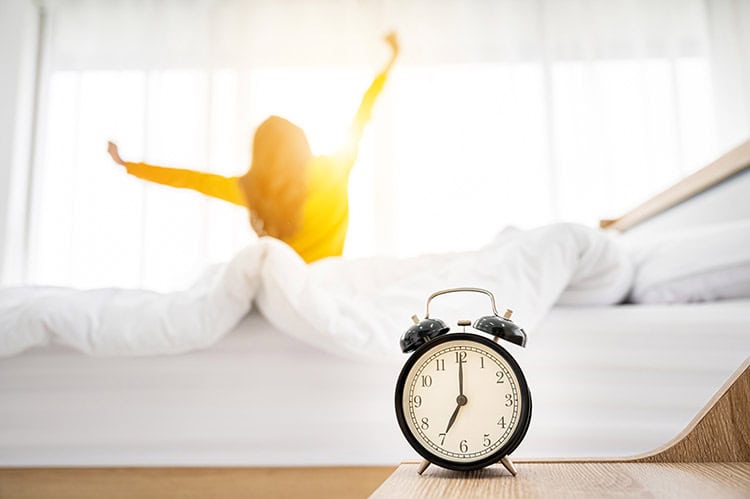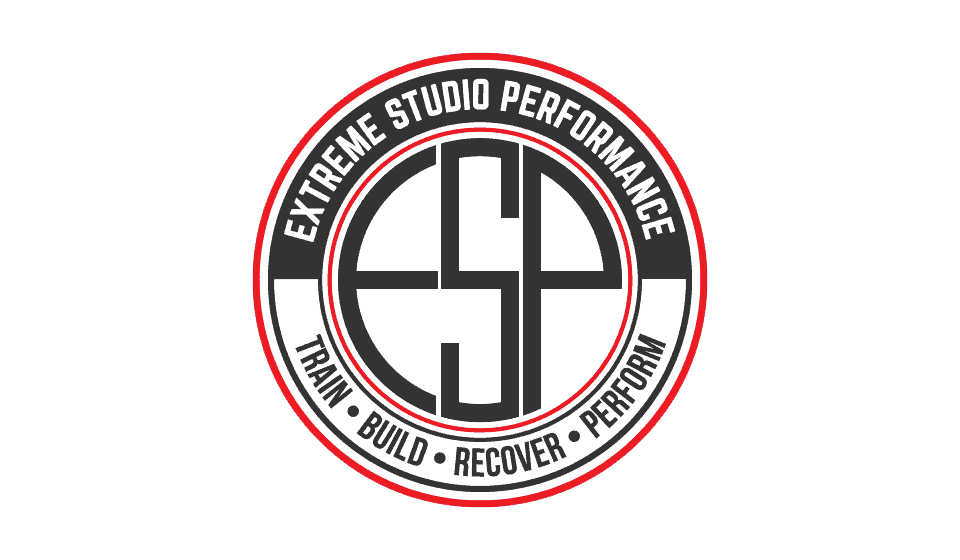
How Sleep Supports Your Fitness Goals
When you think of fitness, you probably think about diet and exercise first. But there’s another vital factor that people often overlook. Sleep.
Getting a good night’s sleep does more than just keep you from feeling tired. Sleep also has a profound impact on fitness, for a variety of reasons. Getting the right amount of sleep can even help you lose weight!
 Why Sleep is Important to Fitness
Why Sleep is Important to Fitness
Sleep is the time when our bodies reset and repair. Studies show that getting the right amount of good quality sleep helps our bodies build muscles, repair tissues, and maintain healthy hormone levels. Feeling well-rested also means we have more energy and motivation for exercise.
Sleep also helps us regulate our caloric intake, and getting a good night’s sleep makes it easier to stick to a healthy diet and not overeat. If you’re trying to lose weight and/or build muscles, sleep is just as important as diet and exercise.
Getting Good Night’s Sleep
Both the quality and quantity of sleep are important to getting a good night’s sleep. Most adults need 7 to 8 hours of sleep each night, but about 1 in 3 Americans don’t get the recommended 7 hours. Part of that is due to our work schedules, and we can “catch up” on some sleep during the weekends. But ultimately, if you’re not getting the recommended 7 hours per night on most nights, you’ll still deal with the effects of sleep deprivation.
In addition to how much time we spend asleep, we also want to have good quality sleep where we’re not tossing and turning or waking up frequently. Part of that is outside our control (particularly if you have a sleep disorder like insomnia or sleep apnea), but there are things we can do to improve sleep.
Tips for Improved Sleep
Ideally, sleep experts recommend having a consistent sleep schedule where you go to bed at the same time each night and wake up at the same time each day. Keeping to the same schedule helps regulate your internal clock. If you’re not getting enough sleep during the workweek, though, you should try to sleep more on days off.
Light pollution in the bedroom can also disrupt sleep; the room should be as dark as possible. Also, keep bedrooms cool for ideal sleep (between 60 and 75 degrees Fahrenheit, depending on the individual, though 65 degrees is typically ideal).
Good sleep hygiene also includes avoiding caffeine in the afternoon. It’s also a good idea to limit screen time in the evening right before bed or use a blue-light filtering program on your devices. Many smartphones, for example, come with a night setting that will automatically filter out blue light as it gets closer to bedtime.
Exercise and Sleep
Exercising during the day also helps improve sleep. Working out in the morning or afternoon is particularly helpful. If you work out in the evening right before bed, either take time to unwind afterward (perhaps by taking a hot shower or practicing meditation) or opt for low-intensity exercise like yoga.
If you’re looking for a gym, contact us to set up a tour of Extreme Studio Performance and a free fitness evaluation. We’re obsessed with providing an upscale experience, first-rate equipment, and a supportive community that will help you meet your unique fitness goals.
